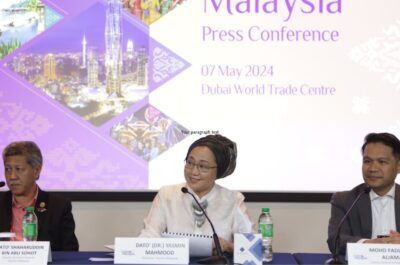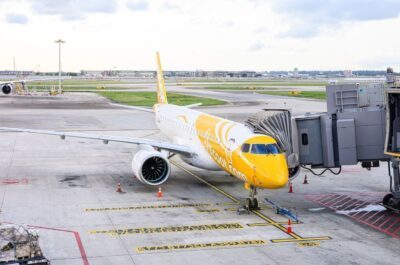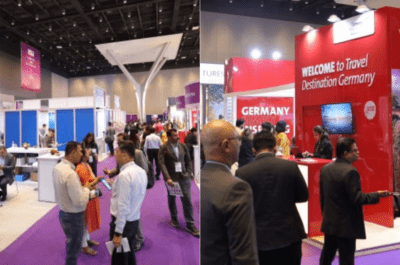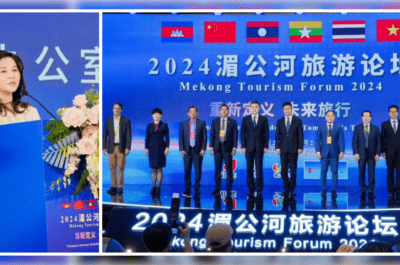…
Historically in Asia, hotels were not built to be sold, but became the family jewel of private investment portfolios. The market is adjusting as institutional investors begin to own ever increasing market share. Valuation models are being created to enhance the understanding of hotels as assets; enabling transactions to occur because there are better understood ways of making them happen. However, transparency differs enormously across different markets. The greatest transparency is evident in Hong Kong, Singapore, Australia and Japan and the least transparency in Vietnam, India, Indonesia, China and Macau. “The increasing role hotel assets are playing among institutional portfolios has already made an impact on the industry in the form of accelerated product evolution and competitiveness. We may be looking at just at the beginning of this shift in Asia Pacific” commented Paul Kitamura, Guest Lecturer and panel moderator for the real estate finance and investment roundtable at the Cornell-Nanyang Institute for Hospitality Management.
Yet some Asian developers, such as Banyan Tree, thrive in and moreover prefer the opaque markets. “Largely because we are comfortable with the many hurdles one has to cross to get into those countries”, said Paul Chong, VP of Business Development for Banyan Tree. Another reason developers are comfortable in opaque markets is that they can aggregate their investment equity where other competitors would find it a challenge simply to invest in those countries.
The macro view for Asia is very good and returns are opportunistic. In the past ten years, there has been a growth of over forty five per cent. Transactions have increased from USD 1 billion to USD 16 billion during this time. Asia has thirty five per cent of global cross border flows and regional flow is as high as fifty-four percent, according to a report by Jones Lang LaSalle Hotels.
The reason for this growth is that Asia is setting a benchmark for new products, at a higher standard than other regions. When cross border investment occurs, knowledge transfers. Certain markets are more appealing than others because of the return on investment. Legislation in other markets has to change to capitalize on opportunities for foreign investment and the growing market for buyers and sellers. Other limitations to foreign investment include the politics of the country. For example, investment in Myanmar has stagnated because of the political environment.
Vicky is the co-founder of TravelDailyNews Media Network where she is the Editor-in Chief. She is also responsible for the daily operation and the financial policy. She holds a Bachelor's degree in Tourism Business Administration from the Technical University of Athens and a Master in Business Administration (MBA) from the University of Wales. She has many years of both academic and industrial experience within the travel industry. She has written/edited numerous articles in various tourism magazines.





















































































